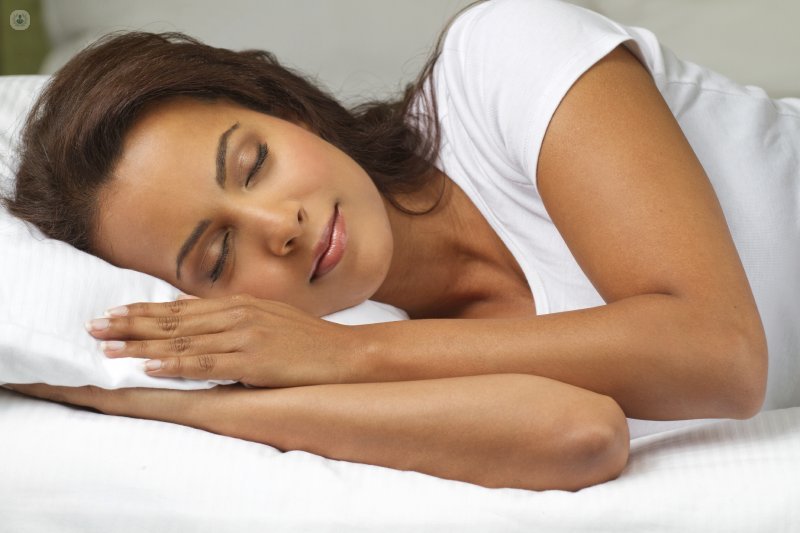How to avoid insomnia?
Written by: Insomnia is the most common sleep disorder in adults. It is characterized by having problems with initiation and / or maintenance of sleep, and the production of a restless sleep. All this leads to significant deterioration in the daily life of the sufferer.
Insomnia is the most common sleep disorder in adults. It is characterized by having problems with initiation and / or maintenance of sleep, and the production of a restless sleep. All this leads to significant deterioration in the daily life of the sufferer.
It affects between 6-10% of the adult population. The prevalence in children and adolescents is increasing in recent years. Abalan clinical data that about 30% of children between 6 months and 5 years old may have problems or sleep disorders.
Types of Insomnia
According to the American Sleep Disorders Association (ASDA) there are different types of insomnia:
- acute insomnia
- psychophysiological insomnia
- paradoxical insomnia
- idiopathic insomnia
- insomnia due to mental disorders
- insomnia due to inadequate sleep hygiene
- insomnia in childhood due to bad habits
- Secondary insomnia drug consumption or drug
- insomnia due to medical problems
Causes of insomnia
Insomnia may be multifactorial. These factors include metabolic, hormonal, neurological, rheumatologic, digestive, cardiovascular diseases, urological diseases and diseases that can disrupt sleep due to pain, such as fibromyalgia.
On the other hand, there are psychiatric disorders such as anxiety, depression, schizophrenia or bipolar disorder in the manic phase, they can also cause insomnia.
As for the external causes, there are environmental factors that can influence negatively on sleep, like, use and abuse of substances and drugs, shift work, frequent trips overseas, etc.
Food, activities that are carried out and environmental conditions can affect the quality of sleep.
Tips to avoid insomnia
To overcome insomnia, avoid certain behaviors before bedtime:
- No bed hungry, but do not dine abundantly. It is recommended to dine between two and four hours earlier.
- Avoid stimulants such as alcohol and other substances.
- Avoid getting up during the night to go to eat and / or drink
- No strenuous exercise within two hours prior to sleep
- Try not carry out activities with artificial light as computer or television
- Regular time to go to sleep by setting an adaptive interval between action and rest.
- Do not nap
- Do not expose yourself to bright light
- Favouring a peaceful environment without noise
Treatment for Insomnia
The first step to treat insomnia is to diagnose what type of insomnia is, if for medical or environmental cause.
In many cases of insomnia medical cause, treatment will be combined, ie, medical treatment and psychological therapy support. In other cases, cognitive-behavioral psychological therapy is the right choice for most people.
In PsicologíaBcn perform treatment "From I to Zzz ...: How to Win the Insomnia (I) and to sleep (Zzz)" consisting of 5 sessions. In less than a month and a half the patient receives tools and replace your fears and bad habits in patterns that help you sleep well.
Edited by Noelia García Pino


